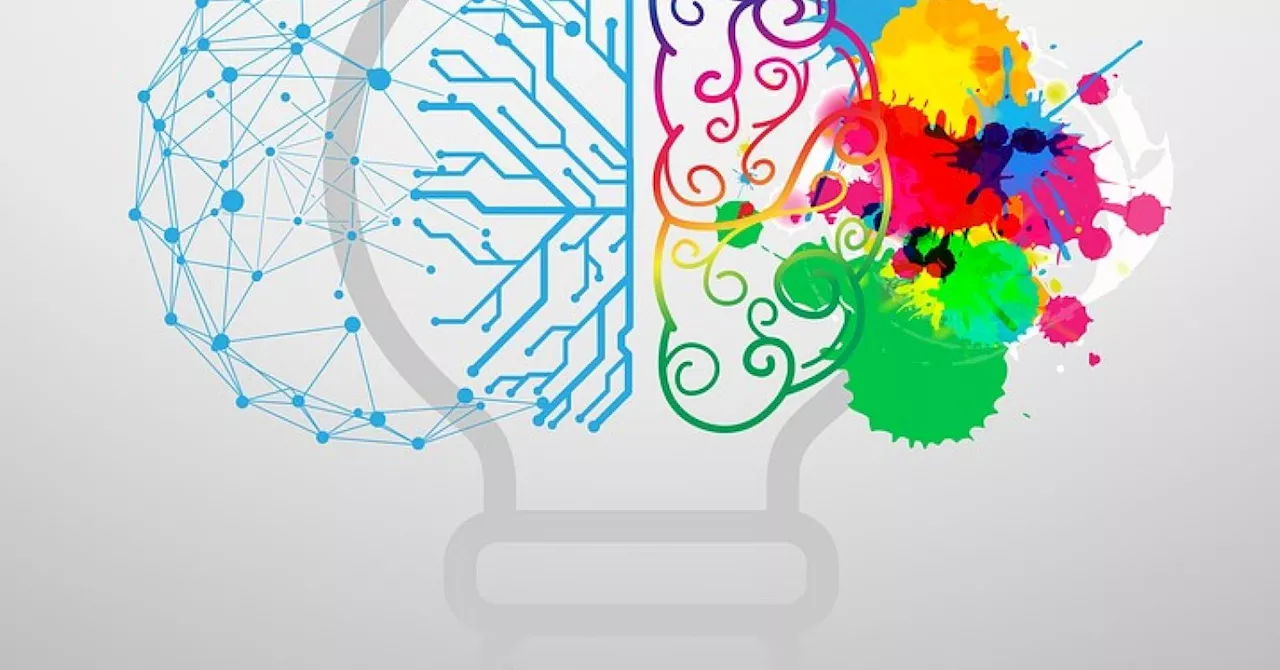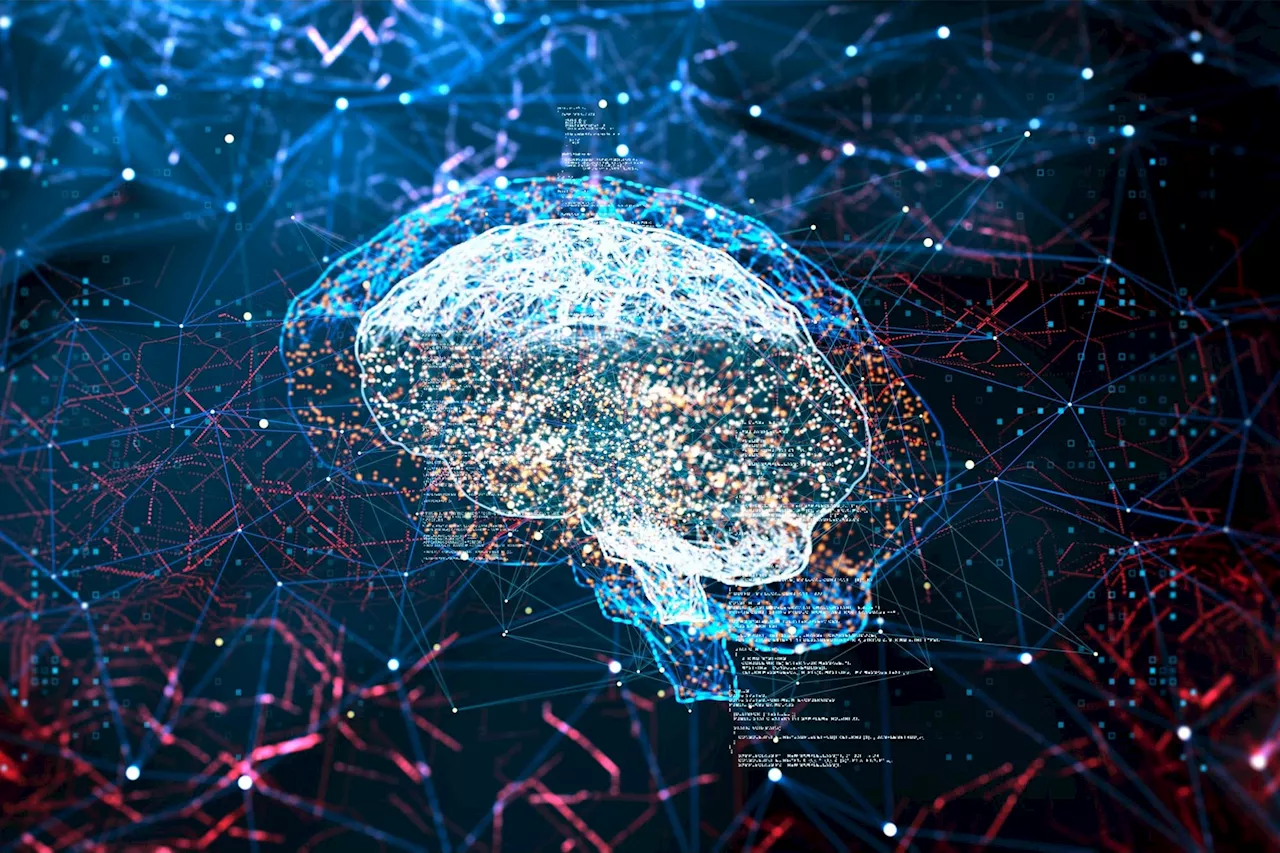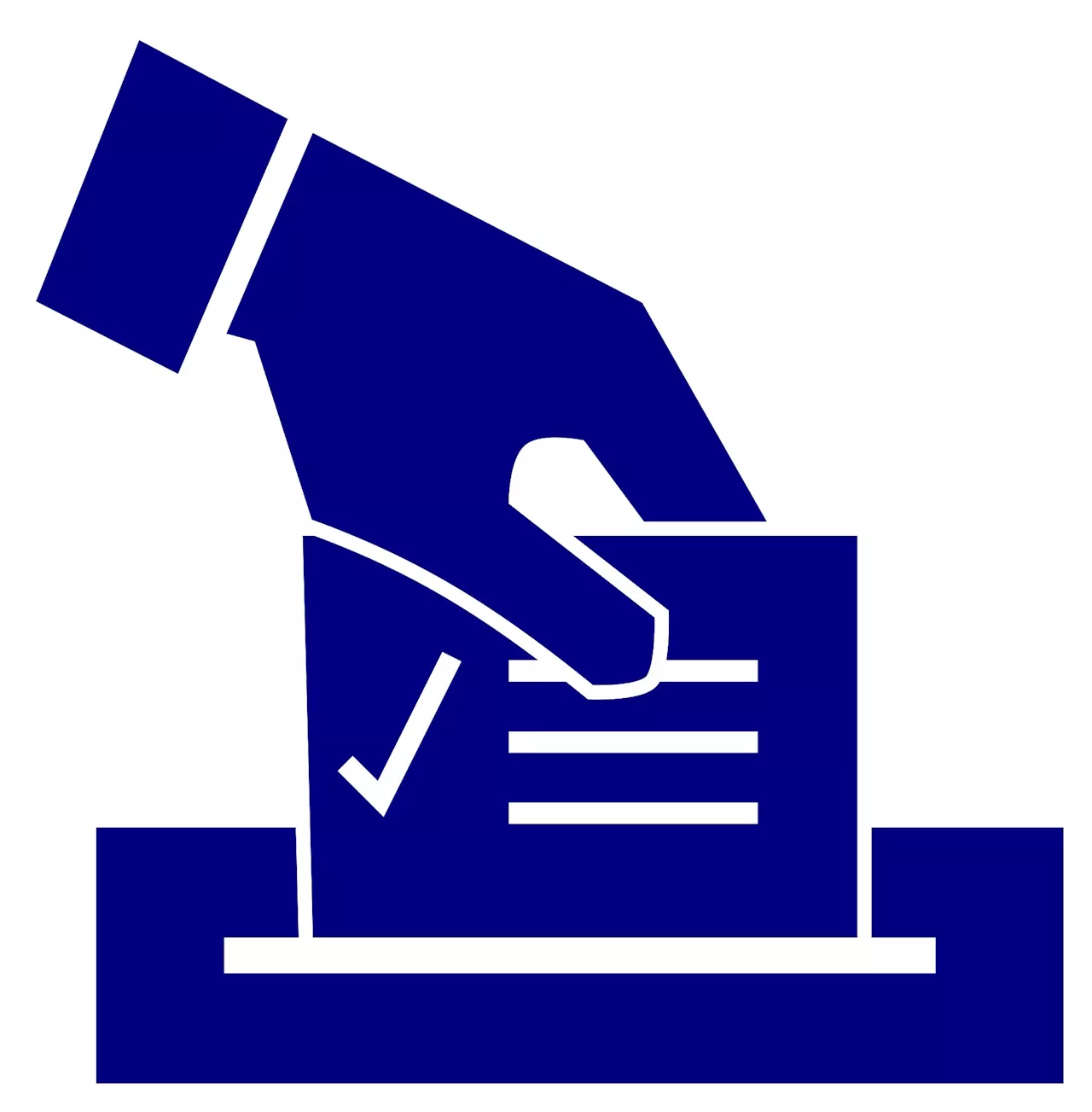Neuroscience findings regarding dopamine's roles in social decision-making illuminate concerns about social media influencers.
influencers are sometimes called ‘microcelebrities,’ although that term may be a misnomer, as some reach many thousands, if not millions, of people. As influencers can reach those numbers, they can be highly effective advertisers. Improvements in the availability and price of technology extend the reach of influencers, and firms paying influencers for their endorsements can sell more. According to an economic analysis, the ‘influencer economy’ increased from $2 billion in 2020 to $13.
The effectiveness of social media influencers pivots around the ubiquity of digital media and the relative esteem in which opinion-formers from digital and other domains are held. Of course, these issues have always needed consideration when people wish to sell something. When people used to want to open real shops, they discussed ‘footfall’ . If lots of wildebeest go to a watering hole, that’s where the lions and crocodiles will be.
Nevertheless, some are so troubled by social media influencers’ potential for impact that they have been discussed as a threat to democracy based on the power of the digital form. When this worry is unpacked, these above issues, per se, are not key—most commentators recognise that they have happened before. Rather, the apparent ease with which social media impacts the dopamine system is a worry.
Here, we get to the nub of the problem of socially facilitated decision-making, which applies to social media influencers but not uniquely. When people are making judgments , changing levels of dopamine are important, as they are associated with detecting change. If judgments are made against an elevated background dopamine level due to the presence of social cues, then those judgments will be less accurate.
United Kingdom Latest News, United Kingdom Headlines
Similar News:You can also read news stories similar to this one that we have collected from other news sources.
 Caffeine affects brain dopamine function in patients with Parkinson's diseaseRegular high caffeine consumption affects dopamine function in patients with Parkinson's disease, shows a new international study. Caffeine consumption before undergoing diagnostic brain dopamine imaging may also affect the imaging results.
Caffeine affects brain dopamine function in patients with Parkinson's diseaseRegular high caffeine consumption affects dopamine function in patients with Parkinson's disease, shows a new international study. Caffeine consumption before undergoing diagnostic brain dopamine imaging may also affect the imaging results.
Read more »
 Researchers use AI to help unravel neuroscience mystery.An AI model helps explain why some images make a lasting impact while others are filtered out by the brain.
Researchers use AI to help unravel neuroscience mystery.An AI model helps explain why some images make a lasting impact while others are filtered out by the brain.
Read more »
 Caffeine Affects Dopamine Function in Parkinson's PatientsCaffeine has been associated with a reduced risk of developing Parkinson’s disease, but a new study says a coffee jolt might not be good for people already diagnosed with the brain disorder.
Caffeine Affects Dopamine Function in Parkinson's PatientsCaffeine has been associated with a reduced risk of developing Parkinson’s disease, but a new study says a coffee jolt might not be good for people already diagnosed with the brain disorder.
Read more »
 Revolutionizing Neuroscience: Stanford AI Mirrors Brain OrganizationScience, Space and Technology News 2024
Revolutionizing Neuroscience: Stanford AI Mirrors Brain OrganizationScience, Space and Technology News 2024
Read more »
 Normani Channeled Janet, Recruited Brandy, and Put ‘Absolutely Everything’ Into Her Album ‘Dopamine’Normani opens up about perfecting her new album 'Dopamine,' reconciling with her Fifth Harmony past, and working with Brandy.
Normani Channeled Janet, Recruited Brandy, and Put ‘Absolutely Everything’ Into Her Album ‘Dopamine’Normani opens up about perfecting her new album 'Dopamine,' reconciling with her Fifth Harmony past, and working with Brandy.
Read more »
 Neuroscience can explain why voting is so often driven by emotionThe British electorate has been more volatile than ever in recent years. The elections of 2015 and 2017 saw the highest number of voters switching parties in modern history. And current polling suggests we're about to see more of the same.
Neuroscience can explain why voting is so often driven by emotionThe British electorate has been more volatile than ever in recent years. The elections of 2015 and 2017 saw the highest number of voters switching parties in modern history. And current polling suggests we're about to see more of the same.
Read more »
